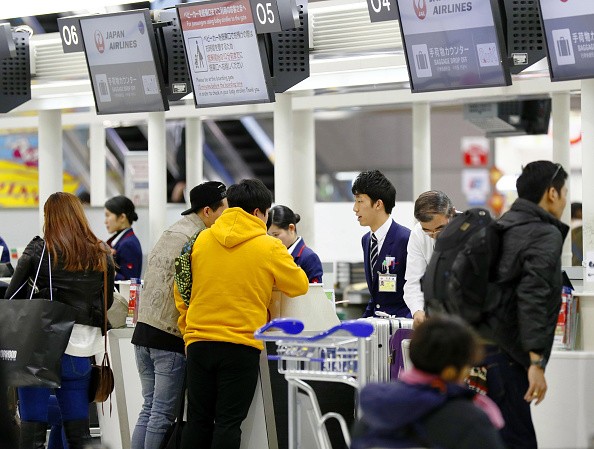Starting this year, foreign travelers entering China will be fingerprinted by airport authorities, The Independent reported.
According to the Ministry of Public Security, the new policy will be rolled out gradually until all airports are successfully screening foreign tourists by the end of the year.
The first airport to implement the new process is Shenzhen Bao’an International Airport in Guangdong Province.
Upon entering China, foreign passport holders aged 14 to 70 are required to submit their fingerprints to authorized airport officials. Foreign passport holders aged 13 below, as well as those who hold a diplomatic position, are exempt from the new regulation.
“The collecting of fingerprints has become common practice for border control authorities around the world,” the Ministry of Public Security said in an issued statement on its official English-language website.
“Authorities will ensure that the new system is efficient and does not result in unnecessary delays.”
According to official government data, over 76 million foreigners entered Chinese territory in 2016. This includes passport holders from all over the world, with the largest groups from South Korea, Japan, the United States and Russia.
As mentioned by the Ministry of Public Security, China is not the first country to implement such border control and travel regulation.
The United States’ customs and border protection has started fingerprinting foreign visitors since the early 2000s, and data shows that the country fingerprinted the most number of tourists in 2004. The U.S. is planning on adding facial recognition software and biometric screening in its border control process, and is currently conducting tests.
Meanwhile, in Asia, Japan has been fingerprinting all arriving foreigners since 2007 as a means of enforcing public safety in the country.
By the end of the year, the Ministry of Public Security expects that all Chinese airports will be able to fingerprint all arriving foreign travelers.




























